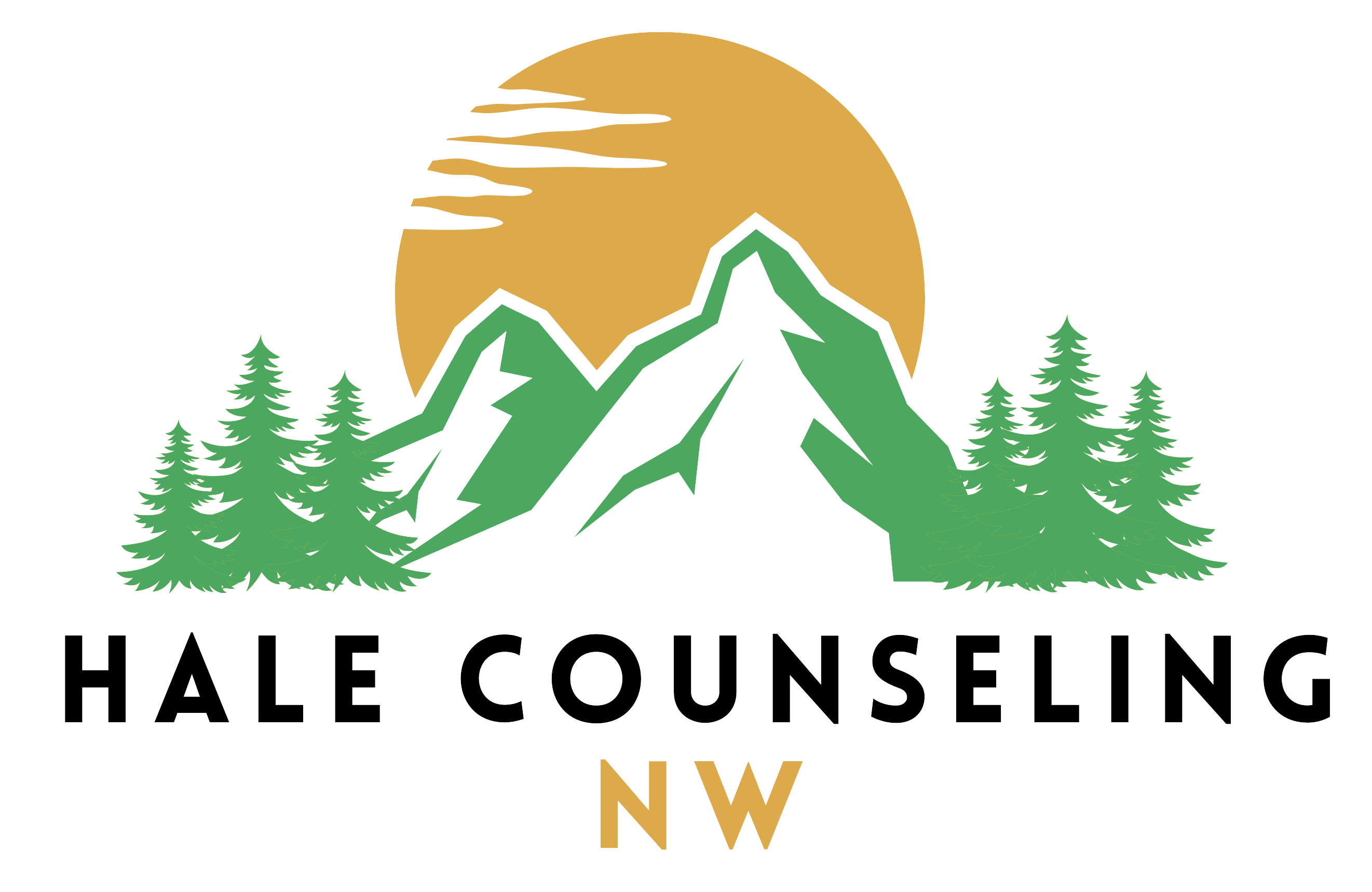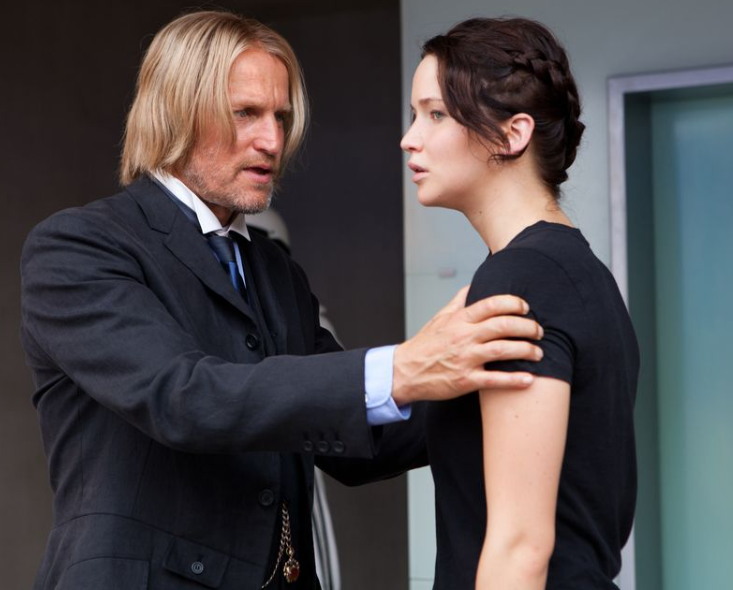Remember that scene in the second Hunger Games, where Haymitch tells Katniss as she is about to enter the arena, “Remember who the enemy is”?
He knew that when she was surrounded by conflict and violence, it would be too easy to forget what game she is really playing, and then end up fighting against her allies.
This is a powerful metaphor that applies to our own lives in so many ways…
It’s the same process that happens when you swing into Costco for TWO things, and end up walking out with 17 things after being immersed in sights and smells and samples on your meandering path through the store. By the time you were 25 yards inside the doors, you forgot why you were really there, what your goal and your budget was, and even what day or time it was. It takes an incredible amount of focus to keep that gigantic cart moving forward when you’re surrounded by things begging for your attention.
It’s also the same process that happens when you pick up your phone to quickly check your calendar for tomorrow, and end up checking the weather, your email, your Facebook/IG/Twitter feed, the news, the traffic in Rome… (Oh, is that just me? You don’t ever check the current traffic around the world purely out of curiosity? No, don’t do it now…).
Remember who the enemy is. It’s the same powerful process that happens in a relational conflict.
In the midst of the tension of a situation, we become shortsighted. At the core, we’re generally trying to restore connection, peace, harmony. If this person could just understand, if we could just show them, things would be made right. We lose the big picture, end up pushing our temporary agenda through, creating more tension. Is this person my adversary? Or my ally?
An important part to point out here is that I’m NOT encouraging you to AVOID conflicts.
Conflict is not the enemy either – It’s actually really good for relationships! (Like exercise is good for a us physically – I’ll write about that another time).
Conflict is not the enemy. The HOW of the conflict is the enemy.
When conflict makes us say things that are critical, or mean, or hurtful on a personal level – THAT’S the enemy. When winning the argument at all costs is the goal, that’s the enemy. When conflict makes us stop listening to what the other person is saying, and forget that that person is a human who has vulnerabilities and fears and quirks and their own messy way of dealing with conflict – That’s the enemy.
Then over time, the more often loved ones, friends, and allies seem to temporarily turn into irritants, opponents, adversaries, the harder it is to recalibrate and come back into the actual POINT of it all. Little sparks become big bombs. When we lose sight of the actual enemy, we end up becoming the enemy: The enemy of connection, love, and justice.
In marriage, the pair of socks left on the floor becomes the symbol of indifference, rejection. They become a gauntlet that starts the fight, leaving partners in opposite corners, feeling more disconnected than ever.
In friendships, the phrasing of an opinion becomes the symbol of opposition and hatred. Instead of leaning back on the commonalities that unite them, the friends become fervent opponents that see only the bad in each other.
This happens even in our own relationships with ourselves. Our own emotions become the “enemy” as we try to avoid the pain and hurt that arise within us. We become stuck in the avoidance of our own human experience, rather than using these emotions to guide us back into balance and connection.
In the Hunger Games, fear made Katniss (and the other Tributes) turn on each other, instead of remembering that they were all victims of a cruel government who were using their power to keep people afraid of standing up for their humanity. If you have read or watched the series, you probably remember that the key to bringing down the system was remembering who the enemy was, and finding a way to fight for freedom from that mindset.
Do you have a hard time recognizing who the “enemy” is in times of tension or discomfort? I do.
It helps to slow down, pause, and remember the bigger picture. When I’m able to (which is getting to be more often, the more I practice), I’ll internally stop and remind myself that this is my friend, my partner, my family. Or, just a human like me.
Instead of trying to push my experience through, I try to listen to the other person’s experience. Sometimes this is hard, and I have to use my own coping skills to soothe my inner vulnerable child (Again, I’ll write more about that another time).
If the other person feels receptive and soothed by my understanding of their experience, I’ll then share my own experience. I start with the caveat that I’m trying to make things better between us and am trying to help, not to hurt. I try to be the healthiest version of myself in my sharing.
Sometimes this goes well, and sometimes not. Especially when it doesn’t end smoothly, I try to remember who the enemy is. Did I help build a bond with this other person? Or did I do damage?
(And if there was damage… the good news is that there’s almost always a chance to come back and make it better, later.)
In a way, we are all in our own version of the Hunger Games.

